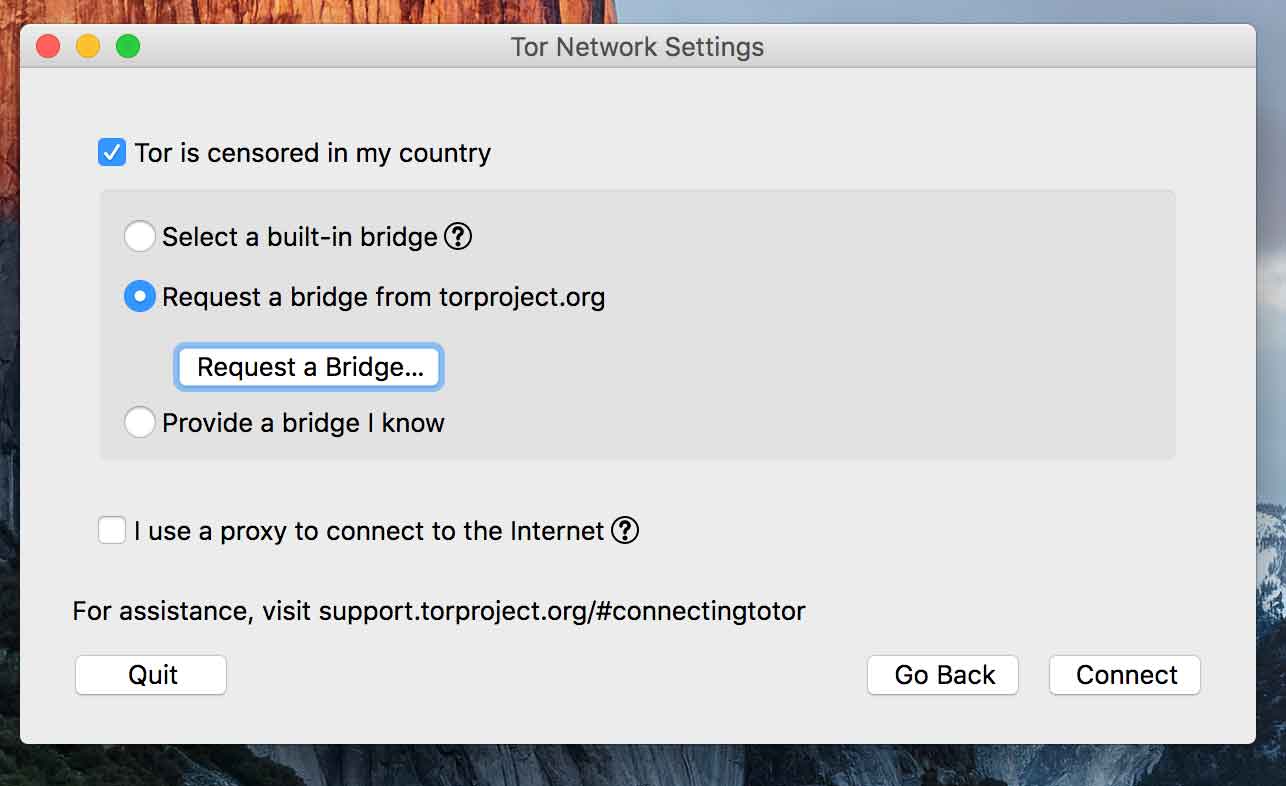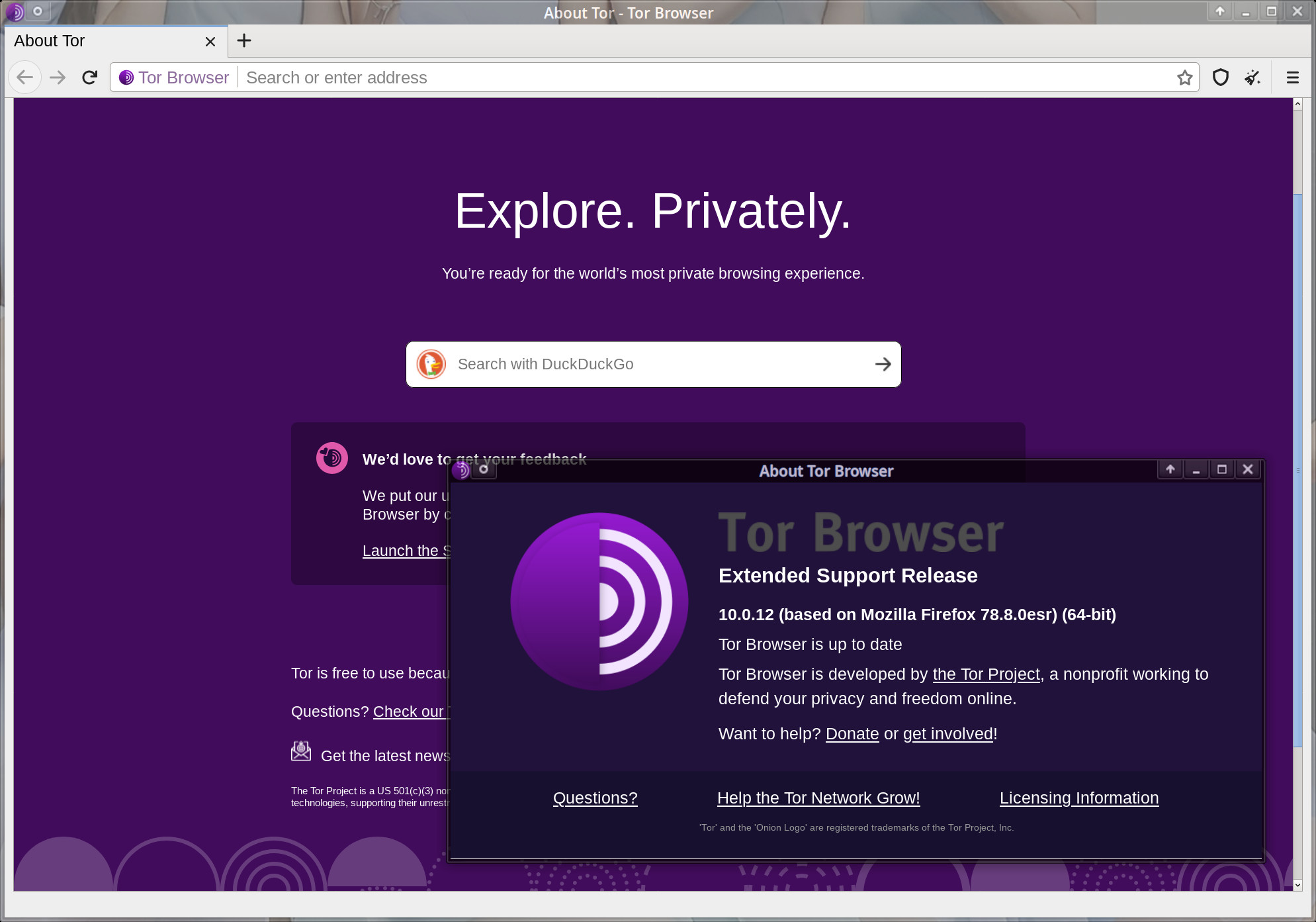

Private Tabs with Tor default to DuckDuckGo as the search engine, but users have the option to switch to one of Brave’s other nineteen search providers. Users can learn more about how the Tor network works by watching this video. Also, web destinations can no longer easily identify or track a user arriving via Brave’s Private Tabs with Tor by means of their IP address. It makes it more difficult for anyone in the path of the user’s Internet connection (ISPs, employers, or guest Wi-Fi providers such as coffee shops or hotels) to track which websites a user visits. Private Tabs with Tor improve user privacy in several ways. The Brave browser already automatically blocks ads, trackers, cryptocurrency mining scripts, and other threats in order to protect users’ privacy and security, and Brave’s regular private tabs do not save a user’s browsing history or cookies. At any point in time, a user can have one or more regular tabs, session tabs, private tabs, and Private Tabs with Tor open. The integration of Tor into the Brave browser makes enhanced privacy protection conveniently accessible to any Brave user directly within the browser. Private Tabs with Tor are easily accessible from the File menu by clicking New Private Tab with Tor.

Private Tabs with Tor help protect Brave users from ISPs (Internet Service Providers), guest Wi-Fi providers, and visited sites that may be watching their Internet connection or even tracking and collecting IP addresses, a device’s Internet identifier. This new functionality, currently in beta, integrates Tor into the browser and gives users a new browsing mode that helps protect their privacy not only on device but over the network. Today we’re releasing our latest desktop browser Brave 0.23 which features Private Tabs with Tor, a technology for defending against network surveillance. Brave Introduces Beta of Private Tabs with Tor for Enhanced Privacy while Browsing


 0 kommentar(er)
0 kommentar(er)
